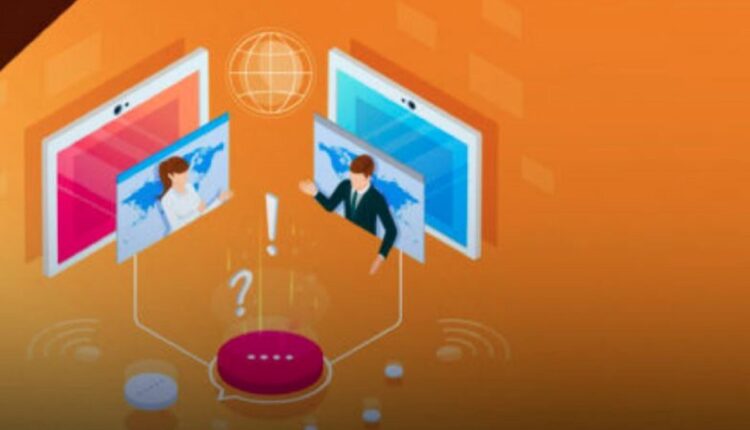Due to the coronavirus pandemic, the discussion around conversational AI is getting louder in the HR department and all other parts of an organization. Today’s advancements in conversational AI have now paved the way for organizations to embrace and easily create customized digital human to engage their unique audience – including employees, customers, and vendors – through real time human-like interactions. The list of benefits is long, but ultimately these digital humans are helping organizations forge deeper emotional connections with users by adding the missing human touch in today’s digital communication.
HR Technology News: TecHRseries Interview with Gianni Giacomelli, Chief Innovation Officer at Genpact
Nowhere will that human connection be more critical than in human resources departments. We’re already seeing digital humans “working” as brand ambassadors, influencers, customer support representatives and advisers and the pandemic promises to boost the presence of digital humans as remote workforces seek to maintain a strong sense of human connection.
Adroit Market Research says the global market for conversational AI is expected to grow from $4 billion in 2019 to $17 billion by 2025. Since this forecast came out before the onset of the coronavirus pandemic in the U.S., the size of the market is likely to grow even more than had been foreseen.
Conversational AI remains in its nascent stage, “but is poised to play a vital role in the development of how humans will interact with machines in the exciting times ahead,” according to an Analytics Insight article published in August 2020.
In HR, the applications for conversational AI and digital humans are broad. They include recruitment, retention, training, onboarding and performance analysis, according to a report published in 2019 in the International Research Journal of Engineering and Technology. The report makes the case that failing to incorporate AI into HR functions “could prove to be a dreadful sin,” making it harder for organizations to grow and survive.
The report concludes that “AI implementation should be viewed as an optimistic opportunity, because AI enhances lives. AI creates a better a future if it is clearly understood and utilized in a proper way.”
It’s good to note that many employees view AI as a positive. A study conducted in 2019 found that 64% of workers would trust a robot more than they would their manager. However, 34% of workers said they want better user interfaces for AI and 30% want AI that’s more closely tailored to their behavior. Conversational AI addresses both of those concerns.
From the perspective of the HR professional, perhaps one benefit of conversational AI outweighs all the other benefits: decreasing the amount of time dedicated to administrative tasks. For example, a digital human can answer typical or repetitive HR questions posed by employees, especially during onboarding. This enables the HR professionals to focus more intently on strategic business matters.
Additionally, digital humans can be easily integrated into the hiring process. For instance, a digital human can field a company’s first round interviews in order to accurately gauge and shortlist candidates. This also frees up HR pros to spend more time and focus on choosing the most qualified candidates.
HR Technology News: TecHRseries Interview with Troy Thibodeau, Chief Marketing Officer, Ascentis
Lastly, digital humans also play a vital role in helping to develop the company’s culture. In several instances, these AI driven employees are leading the mental health movement by giving employees the opportunity to express their concerns, provide an outlet for stress, and help monitor employee satisfaction rates.
A 2018 report from Ernst & Young stated that “If organizations wish to remain competitive in today’s global economy, they will need to look at ways to incorporate conversational AI for HR transactions in their decision-making process.”
EY offers this example of how conversational AI woven into HR processes can simplify tasks: Ahead of onboarding, a conversational AI platform could provide the names, locations and contact information for people they should connect with during their first week on the job. This sort of capability is even more vital at a time when remote-working employees and managers are scattered, relying more than ever on technology to stay connected.
“AI-based HR applications have strong potential to raise employee productivity and help HR professionals become knowledgeable consultants that boost employee performance,” EY says. “HR applications empowered by AI have an ability to analyze, predict, diagnose and become more powerful and capable resources.”
In the end, the advantages of conversational AI and digital humans within an HR infrastructure will become clearer as the effects of the pandemic shake out and as AI technology becomes even more advanced. Even now, though, its benefits are difficult to dismiss: Conversational AI makes human resources departments more resourceful and makes employees better resources for their organization.
HR Technology News: Business Executives See Improved Prospects for Their Own Companies but Report Little Confidence in U.S. Economy Overall, AICPA Survey Finds

